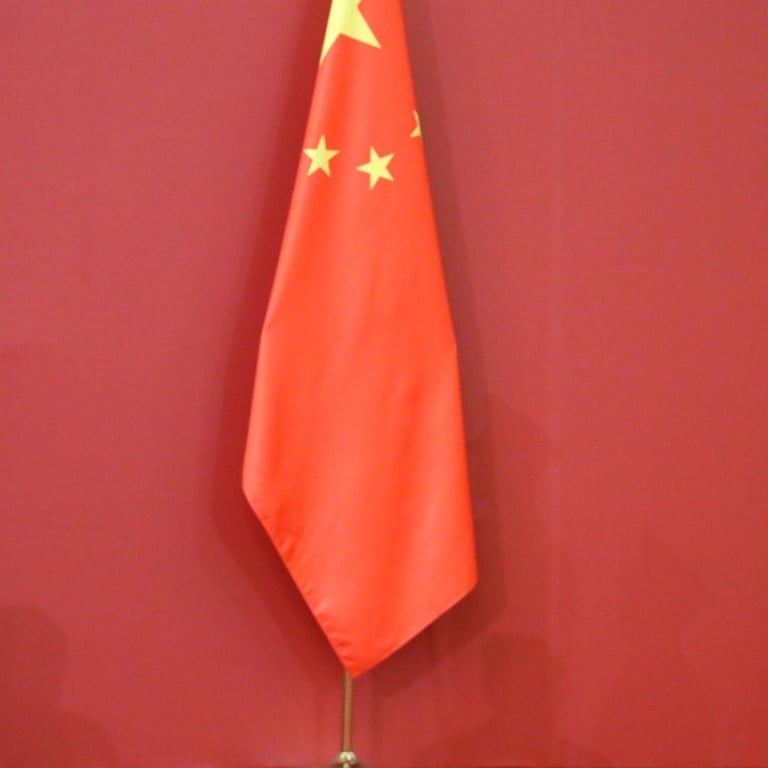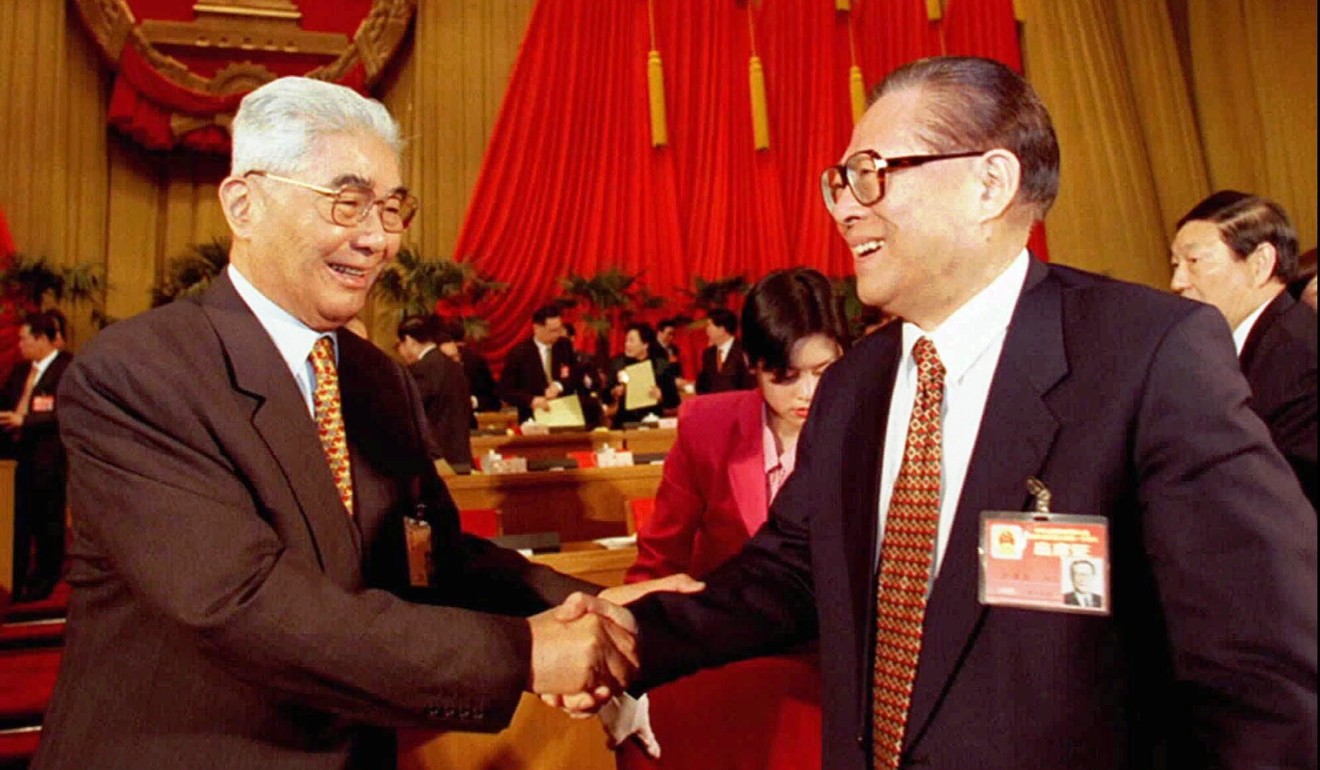
Will Wang Qishan become Xi Jinping’s go-to man as Chinese vice-president?
Deng Yuwen says the retired anti-corruption chief appears ready to make a political comeback after being named an NPC deputy. If this trusted aide to Xi is made vice-president, he may be tasked with tackling some of the country’s most difficult problems
One exception was Wang Zhen, the retired party veteran who became a deputy to the NPC in 1988 and was named vice-president. This precedent has fanned speculation that Wang Qishan would follow in his footsteps.
Despite retirement, Xi’s right-hand man Wang Qishan is still within arm’s reach
Even before the party congress, there was intense speculation about whether Wang, who has reached retirement age, would stay on. Under the rule of “qi shang ba xia”, members of the Politburo Standing Committee – the party’s highest decision-making body – who are 68 or older may not stay on for another term of office. Some pundits believed Xi may defy this unwritten rule to keep Wang.
Secret meeting with Steve Bannon in Beijing adds to speculation over Wang Qishan’s future
Wang did step down in the end, but rumours of his continuing influence still swirl. His appointment as an NPC deputy proved that the rumours were not groundless.

In Wang’s case, it seems this convention could be more easily broken than the “qi shang ba xia” rule for Politburo Standing Committee members, which even a leader as powerful as Xi did not try to abolish.
What Xi Jinping’s goals for China say about his focus on personal legacy, just like Mao and Deng
According to the constitution, any Chinese citizen aged above 45 could be elected to the vice-presidency. Thus, the naming of Wang in that role would comply with the constitution. People who oppose the appointment cannot say it is illegal.
In China, the vice-presidency is largely a ceremonial role. The incumbent’s job is to assist the president. If Wang is vice-president, he could be trusted to perform whatever duties Xi needs him to.
Wang Qishan is reading about history’s decisive moments, and so should we
With Wang assisting Xi in the next five years, the political situation is expected to become more stable, and any diversion in China’s political direction would become more unlikely.
Deng Yuwen is a researcher at the Charhar Institute think tank. This is translated from Chinese

